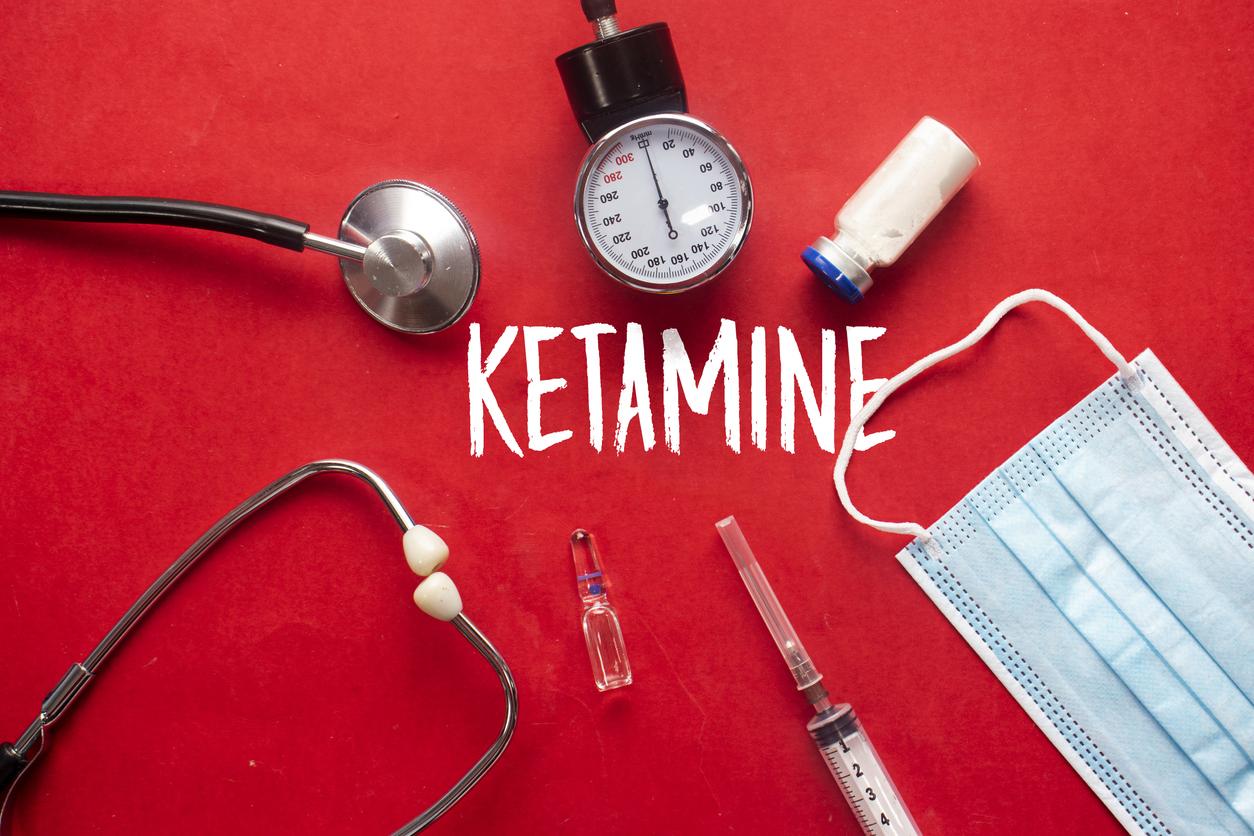Humor therapies may help reduce symptoms of depression and anxiety, according to new Chinese research.

- An analysis of 29 studies conducted on laughter reveals the effectiveness of humor therapy in relieving symptoms of depression and anxiety.
- Although the impact was considered insignificant by some, the majority of the volunteers felt that the laughter treatments alleviated their symptoms.
- However, the researchers recognize that the success of the development of this treatment option will depend on the attitude of the medical profession and the methods of its implementation.
Depression is a disease that affects a large proportion of the general population, with a prevalence of 15 to 20%. People with this condition suffer from symptoms such as depressed mood, loss of interest in daily activities, or low energy. Despite the use of medications and cognitive behavioral therapies, many people do not find relief from their symptoms.
The solution could be laughter. This is suggested by a study conducted by the Changchun University of Chinese Medicine and published in the magazine Brain and Behavior, June 21, 2023.
Depression : laughter therapies offer complementary care
For this work, the researchers examined data from 29 studies from nine countries to assess the impact of different laughter therapies, such as medical clowns, laughter yoga or laughter therapy, on depression and depression. ‘anxiety. A total of 2,964 volunteers including hospitalized children, elderly people living in nursing homes and patients with various chronic diseases were evaluated.
Result after these sessions giving pride of place to giggles, giggles and smiles: most participants reported a significant improvement in their depressive or anxiety symptoms.
“As a simple and feasible complementary alternative therapy, humor therapy can provide an attractive alternative for clinicians, nurses and patients (suffering from depression or anxiety, Editor’s note) in the future”wrote the authors in their article.

Mental Health and humor therapy: several obstacles to consider
On the other hand, at the end of its analysis, the team notes that the success of laughter therapy against mood disorders depends on several points. First, the opinion and attitude of the medical profession with regard to this type of care. Come next its pricing and accessibility during the medical course.
Further, the team acknowledges that while most of the research reviewed supports the benefits of humor therapy for depression or anxiety, “several suggested that the intervention period may have been too short to fully reflect the positive effects”. For them, additional work is needed to verify the effects of humor therapies over the long term as well as to determine best practices.
















